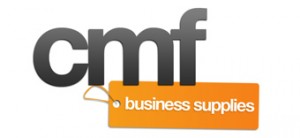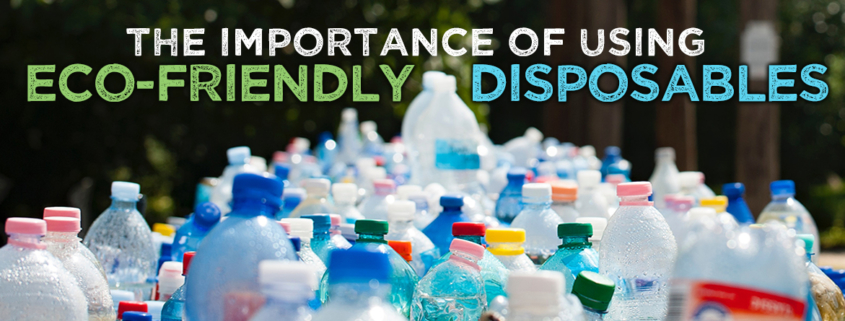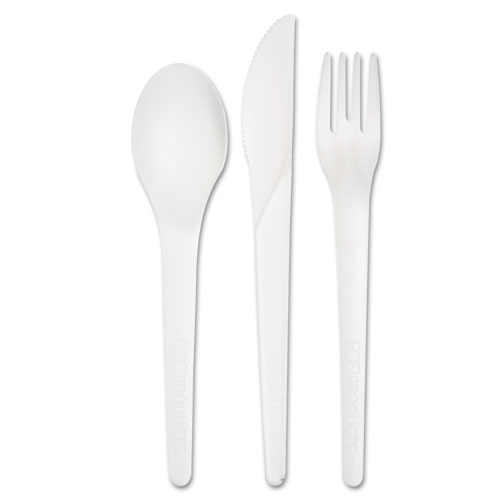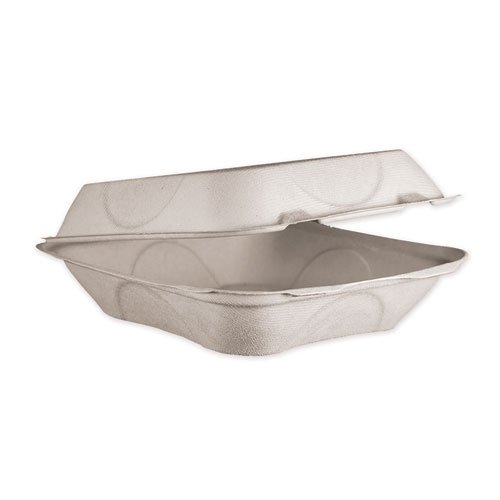The Importance Of Using Eco-Friendly Disposables
At the start of the Covid-19 lock down, the world saw the silver lining of having a lockdown: the environment was improving. According to a Rutgers study by Monica Mazurek, the air quality over New Jersey alone improved by 50%1!
But when the lockdown was lifted, the human impact on the environment took another turn…a wrong turn. Businesses were told they could only use “disposable products” for food items. From the eatery’s table to the corporate office’s breakroom, plastic began to reign supreme. The New Jersey beaches that were near pristine during the lockdown became contaminated with a trash once again. The materials marketed to keep people safe are now choking the environment with litter in water, street curbs, and landfills.
But “disposable” doesn’t have to mean “plastic.”
Disposable can mean:
- Biodegradable
- Compostable
- Recyclable
- Eco-friendly
These are the alternative, green products that you can use in your workplace to keep your employees and the environment safe and healthy.
Plates
Paper plates CANNOT be recycled. Their manufacturing also increases pollution and global deforestation2.
During the lunch break, everyone is going to need a plate to put their food on. But don’t be deceived: paper plates are not the recyclable equivalent of copy paper. Give your staff and customers a plate product that gets the job done without the environmental impact.
SKIP IT!
Plastic Plates
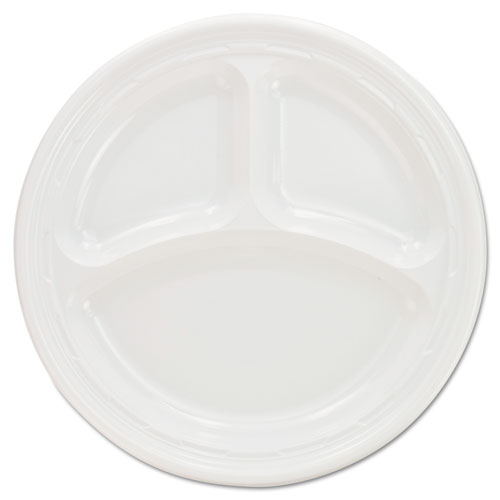
Recycled Content: 0%
Breakdown Time in Environment: 1,000 years
Paper Plates
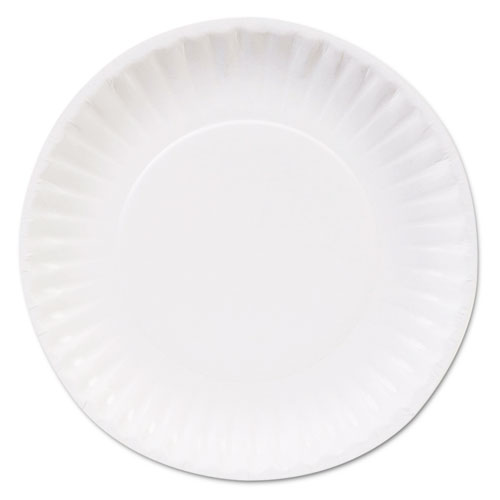
Recycled Content: 0%
Breakdown Time in Environment: 5 years
TRY IT!
Wheat Straw Plates
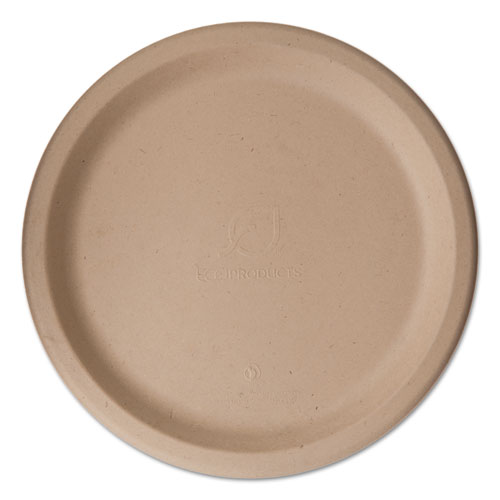
Sustainable Resource: √
Breakdown Time in Environment: 1-2 months
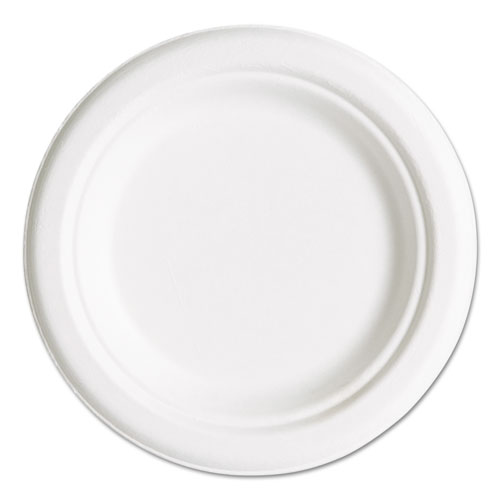
Sustainable Resource: √
Breakdown Time in Environment: 45-60 days
Cutlery
On average 40billion individual plastic utensils are wasted each year in the USA alone3.
Reusing materials is best, so if you’re in an office, encourage your employees to bring eating utensils from home whenever possible. If you’re in the food service industry, ask if a person needs utensils with their food—chances are they’ll say, “No, I can use own here.” In the event that your staff or customer needs cutlery, skip the plastic and provide them with an option that’s far better the planet.
SKIP IT!
Plastic Cutlery
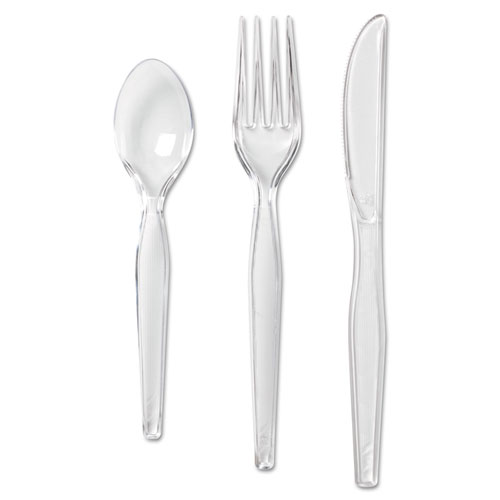
Recycled Content: 0%
Breakdown Time in Environment: 1,000 years
Cups
Paper cups are not recyclable because they have a plastic liner. Coffee also contaminates the cup and makes it non-recyclable. Most end up in landfills.4
From an artisan café to a hustling hospital, your business needs hot cups for coffee and other beverages. People might feel guilty about asking for that extra shot of caramel in their coffee, but they shouldn’t have to feel any guilt when they throw the empty cup away. It’s a simple way to make your office green all-around.
SKIP IT!
Paper Hot Cups
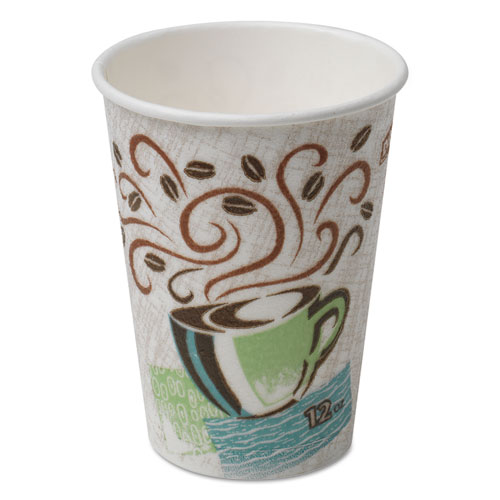
Recycled Content: 0%
Breakdown Time in Environment: 20 years
TRY IT!
Renewable & Compostable Hot Cups
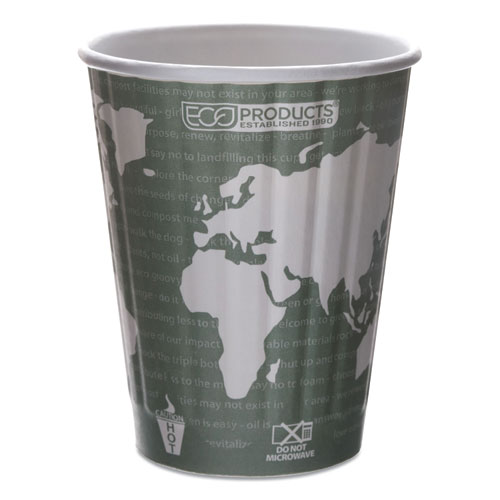
Sustainable Resource: √
Breakdown Time in Environment: 4 months
Takeout Containers
Food and its packaging/containers make up nearly 45% of landfill material in the United States.5
This is it. The BIG one. Food containers are often made from Styrofoam, which is one of the worst materials for the environment—it can take forever to decompose (literally). Covid-19 increased the amount of takeout exponentially, the levels of waste from the to-go containers matched it. Choose to make the switch and reduce the waste your business puts into the environment each day with the right kind of to-go packaging.
SKIP IT!
Foam Containers
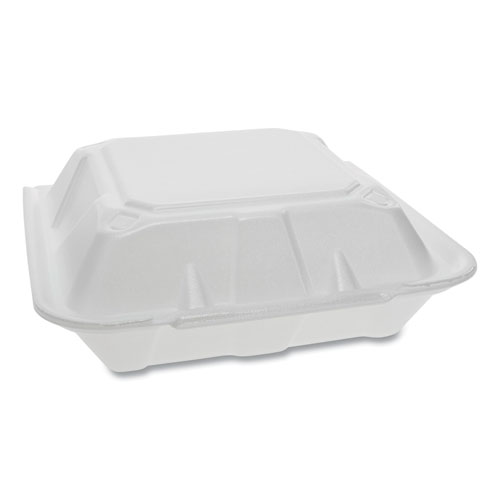
Recycled Content: 0%
Breakdown Time in Environment: 500-1million years
*Depends on environmental conditions
Located in NJ, we consider ourselves fortunate to live near the Atlantic Ocean. We want to help our fellow NJ businesses thrive while protecting our home state’s environment. In addition to using eco-friendly products in your breakroom, restaurant or eatery, we encourage you to go green everywhere you can. Together, we can reduce your business’ carbon footprint and help keep our state the Garden State.
1 https://www.app.com/story/news/local/land-environment/2020/04/14/coronavirus-shutdown-carbon-footprint/5102962002/
2 https://sciencing.com/environmental-effect-of-paper-plates-5478412.html
3 https://www.forbes.com/sites/lauratenenbaum/2019/07/16/plastic-cutlery-is-terrible-for-the-environment-and-we-dont-need-to-have-it-delivered/
4 http://www.recyclingadvocates.org/single-use-coffee-cup-reduction/
5 https://www.epa.gov/sites/production/files/2015-08/documents/reducing_wasted_food_pkg_tool.pdf
